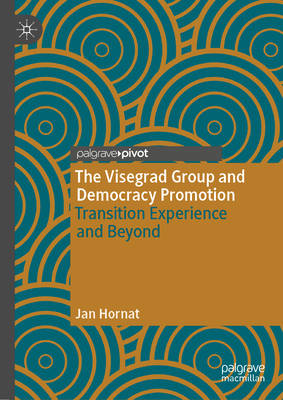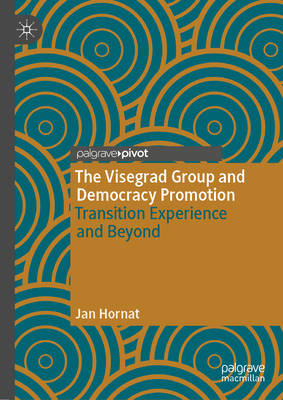
- Retrait gratuit dans votre magasin Club
- 7.000.000 titres dans notre catalogue
- Payer en toute sécurité
- Toujours un magasin près de chez vous
- Retrait gratuit dans votre magasin Club
- 7.000.0000 titres dans notre catalogue
- Payer en toute sécurité
- Toujours un magasin près de chez vous
Description
This book explores the substance and strategies of democracy promotion conducted by the Visegrad Group states (V4) - the Czech Republic, Hungary, Poland, and Slovakia. As these states are currently deemed to face democratic backsliding over thirty years after their own democratic transformations, the book discusses how democracy promotion is related to the four countries' understanding of liberalism and democracy and to their political cultures. It also addresses the question of what motivates the V4 states to engage in the politically sensitive activities of democracy assistance and how they intend to share their own experience and know-how of the democratic transformation process. The book concludes by discussing the possible future developments in the respective states' democracy promotion agendas. Examining the strategies, substance, and the domestic discourse related to the Visegrad states' democracy promotion policies, the book presents a much-needed reflection on a niche subject in the foreign policy agendas of these post-communist states for academics and practitioners alike.
Spécifications
Parties prenantes
- Auteur(s) :
- Editeur:
Contenu
- Nombre de pages :
- 160
- Langue:
- Anglais
- Collection :
Caractéristiques
- EAN:
- 9783030781873
- Date de parution :
- 08-07-21
- Format:
- Livre relié
- Format numérique:
- Genaaid
- Dimensions :
- 148 mm x 210 mm
- Poids :
- 358 g

Les avis
Nous publions uniquement les avis qui respectent les conditions requises. Consultez nos conditions pour les avis.






